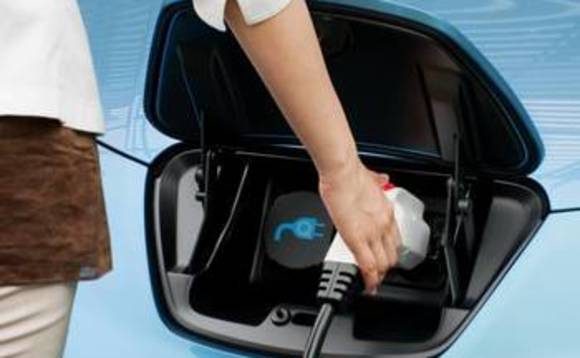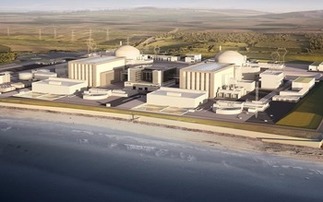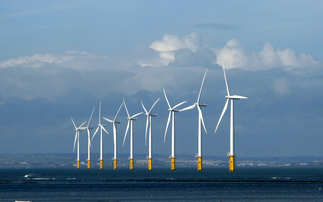
Influential analyst firm predicts all new car sales in EU could be electric by 2035, provided that tougher emissions regulations are enacted now
Analysts have predicted that electric cars and vans will be cheaper than fossil fuel alternatives by 2027 as battery costs continue to fall, production ramps up, and new vehicle designs are developed.
A study from Bloomberg New Energy Finance (BNEF) commissioned by green transport group Transport & Environment has found that electric sedans and sports utility vehicles (SUVs) will be as cheap to produce as petrol vehicles from 2026, with small cars on track to undercut conventional models one year later.
The influential analyst firm predicts that battery electric vehicles could reach 100 per cent of all new sales across the EU by 2035 if lawmakers invest in charging infrastructure and tighten vehicle emissions rules.
However, the analysis cautions that stricter carbon dioxide emissions targets for vehicle makers this decade are needed to drive a build-up of EV production and sales that can help bring down costs and drive consumer appetite for zero emission vehicles.
The EU will miss its climate goals if lawmakers fail to introduce policies that stimulate the market, it warns, calculating that electric vehicles (EVs) will reach an 85 per cent market share, and e-vans just 83 per cent, without "strong additional policies".
Julia Poliscanova, senior director for vehicles and e-mobility at Transport and Environment, urged EU lawmakers to establish a phase out date for fossil fuel vehicles. "With the right policies, battery electric cars and vans can reach 100 per cent of sales by 2035 in western, southern and even eastern Europe," she said. "The EU can set an end date in 2035 in the certainty that the market is ready. New polluting vehicles shouldn't be sold for any longer than necessary."
EVs will be a "reality for all new buyers within six years", she added. "They will be cheaper than combustion engines for everyone, from the man with a van in Berlin to the family living in the Romanian countryside. Electric vehicles are not only better for the climate and Europe's industrial leadership, but for the economy too."
The EU Commission has faced a flurry of calls from companies, NGOs, and activists to follow in the footsteps of several EU member states, the UK, and California and establish a clear phase out date for the sale of new fossil fuel vehicles at a meeting next month where it will discuss tightening the bloc's CO2 carbon targets for the auto industry. Campaigners have warned the wave of fossil fuel phase out deadlines announced by member states and a number of European carmakers remain voluntary and will be difficult to enforce without an overarching EU legal commitment in place.
Today's report also warns that lawmakers need to take action to stimulate the e-van market which makes up just two per cent of all van sales. Van-makers should be incentivised to invest in zero emission ranges through challenging CO2 targets and dedicated e-van sales quotas, it notes.
BNEF calculates that light electric vans will be cheaper to produce than diesel vans by 2025, with heavy vans following one year later.
The report is published as the price of copper soared to an all-time high on Friday amid booming demand for the mineral, which is set to play a critical role as the electrification of the economy gathers pace.
Copper prices rose 1.4 per cent to $10,361 a tonne, surpassing a previous record of $10,190 set during a commodities boom in 2011, according to a report in the Financial Times.
Goldman Sachs expects the price of copper, which is used in EVs, solar systems, batteries, wind turbines, and power distribution technologies, to reach $15,000 by the middle of the decade as clean technologies become ever more dominant. A report this month from the IEA warned policymakers and businesses needed to step up efforts to boost supplies of various minerals that are critical to clean technology supply chains, warning that supply crunches over the coming decade could hamper decarbonisation efforts.

 10 May 2021
•
3 min read
10 May 2021
•
3 min read













